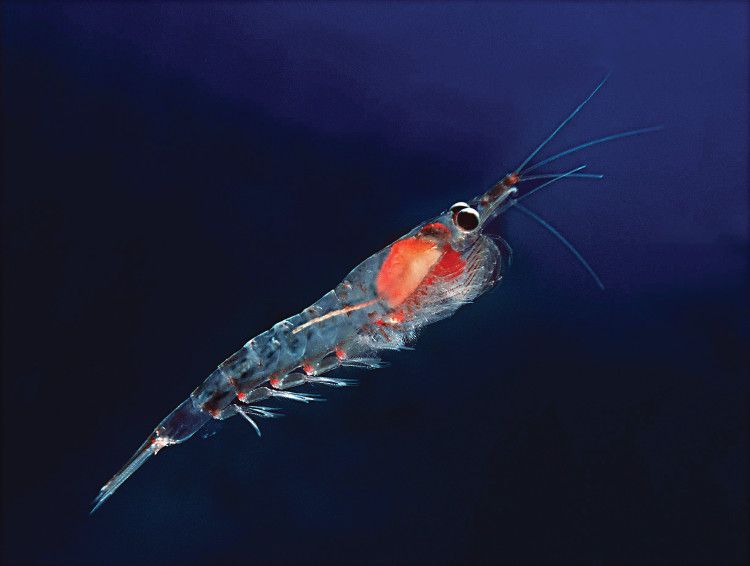Krill oil reduced obesity-associated inflammation in liver and fat tissue in recent study
A recent animal study evaluated the health effects of krill oil on obesity-associated chronic inflammation in the liver and fat tissue.
Photo © iStockphoto.com

A recent animal study1, led by The Netherlands Organization for Applied Scientific Research (TNO) in partnership with Aker BioMarine (Oslo, Norway) and others, evaluated the health effects of krill oil on obesity-associated chronic inflammation in the liver and fat tissue. In the study, mice were given either krill oil (Superba Krill oil by Aker BioMarine) in combination with an obesogenic diet (HFD) with fat derived mostly from lard, or HFD alone (control). The krill oil HFD combination was compared to HFD alone to evaluate the effects of fatty acid composition and associated inflammation in epididymal white adipose tissue (eWAT) and the liver during obesity development.
Results showed that krill oil supplementation increased concentrations of EPA and DHA, and associated oxylipins in eWAT and the liver. There was also a decrease in arachidonic acid concentrations and arachidonic-acid-derived oxylipins. In eWAT, krill oil activated regulators of adipogenesis which induced a shift towards smaller adipocytes and increased the total adipocyte numbers indicative for hyperplasia. In the liver, krill oil suppressed inflammatory signaling pathways without affecting liver histology. There changes were accompanied with improvements in general metabolism and inflammatory tone in the tissue level, and the stimulation of adipogenesis by krill oil allows for safe fat storage.
Reference
- Gart E et al. “Krill oil treatment increases distinct PUFAs and oxylipins in adipose tissue and liver and attenuates obesity-associated inflammation via direct and indirect mechanisms.” Nutrients, vol. 13, no. 8 (2021): 2836








